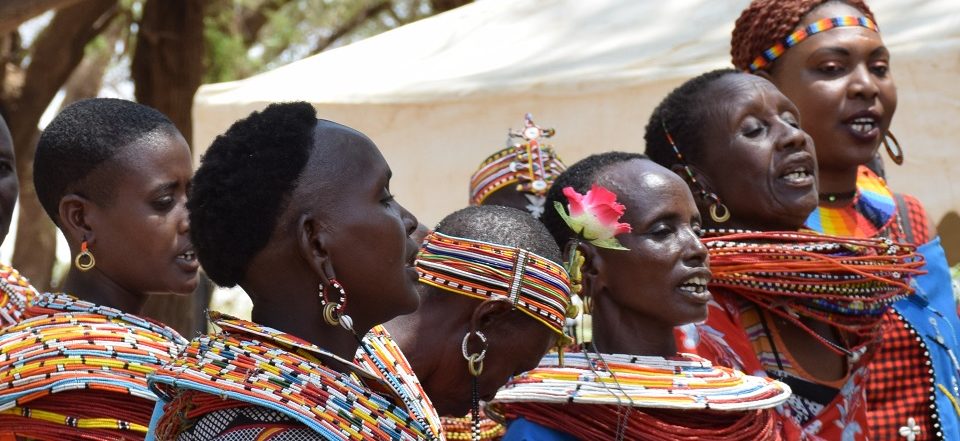The need for sustainable WASH services to include water security issues is becoming increasingly accepted. WASH requires water abstraction while climate change and growing competition are changing the availability of water in many areas in the world. Where WASH systems are not well managed, untreated human waste is often disposed of directly into water bodies, thereby degrading water quality. To include water security, WASH needs to work hand in hand in integrated approaches which include water quality control, ecosystem management/restoration, and Integrated Water Resources Management (IWRM).
Such integration requires new institutional arrangements, new framing of water issues and new partnerships with all relevant actors. However, this is easier said than done. Real integration requires people and organisations to redefine the spaces they normally operate in. This is challenging in practice. This document explains how civil society organisations can help to achieve the required integration and comes with 24 practical integration examples.
WASH-and-Water-Security-integration-and-role-of-civil-society-Wetlands-International-2017.pdf

